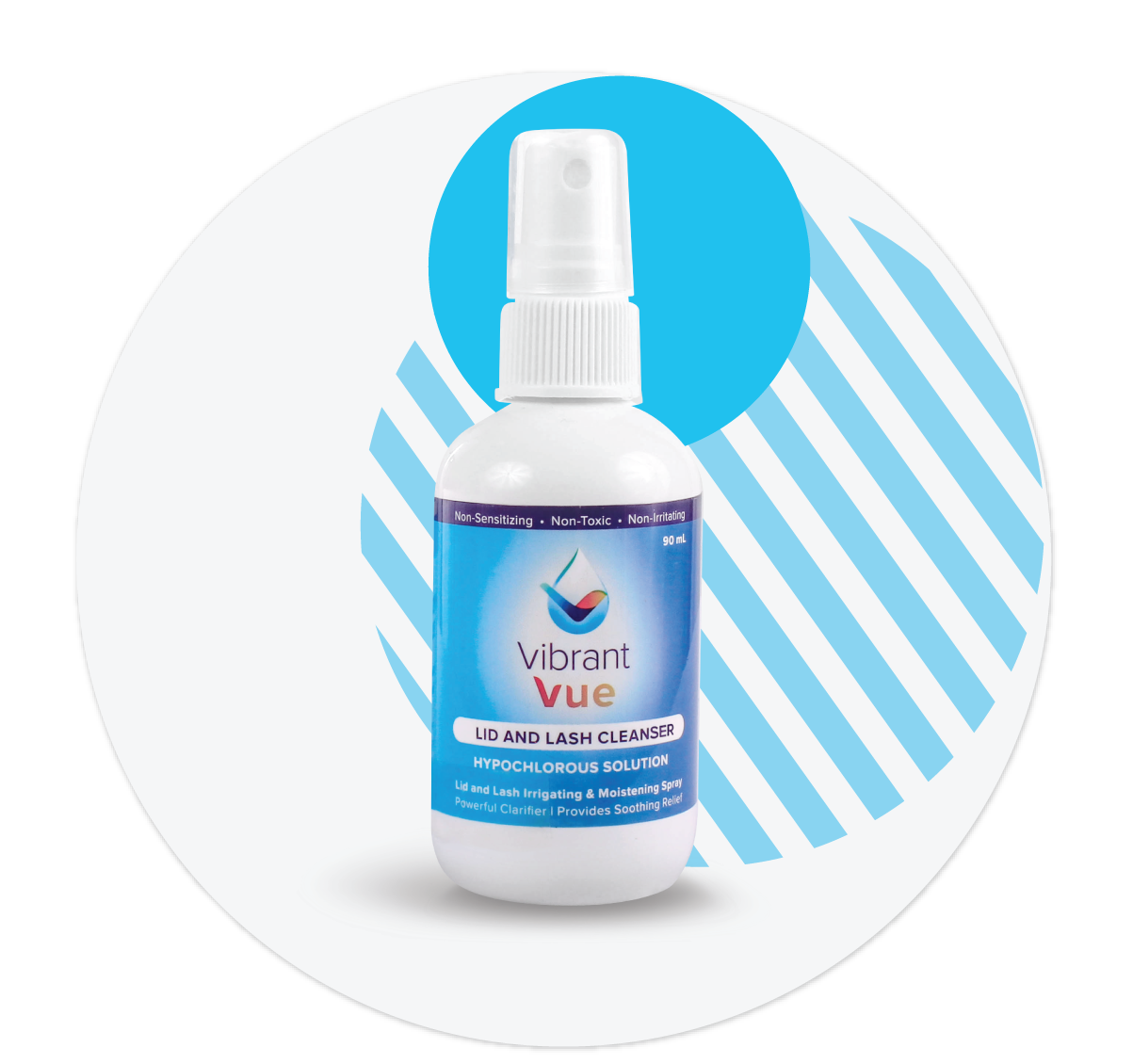According to a review in the National Library of Medicine, published on June 25, 2020, the current contact lens dropout frequency ranged between 12.0% and 27.4%. It is cited that meibomian gland dysfunction appears to promote contact lens dropout.
Let VibrantVue® help address your patients’ meibomian gland dysfunction!
Many practices do not actually do the math on how much contact lens dropout is costing them. But here’s why you should. Incorporating scleral lenses into your practice can be a very rewarding accomplishment for both your bottom line and also for your patients that you are helping. Getting your specialty lens practice up and running with trained staff, incorporating a scleral lens partner, you have the actual fitting process. On top of a fitting fee, scleral lenses can cost you from a range of $100-$500 per year, per patient. As quoted from Dr. Thuy-Lan Nguyen’s article in Review of Optometric Business,
“If you take into account the entire lifetime of a typical contact lens wearer, every time a patient drops out of contact lenses, a practice could be losing upwards of $20,000 – $30,000.”


